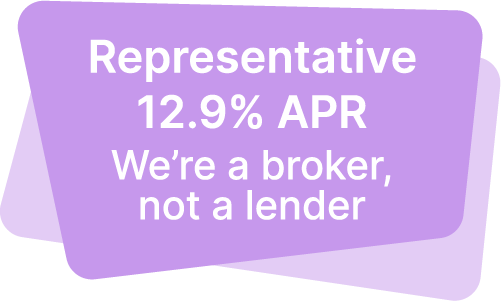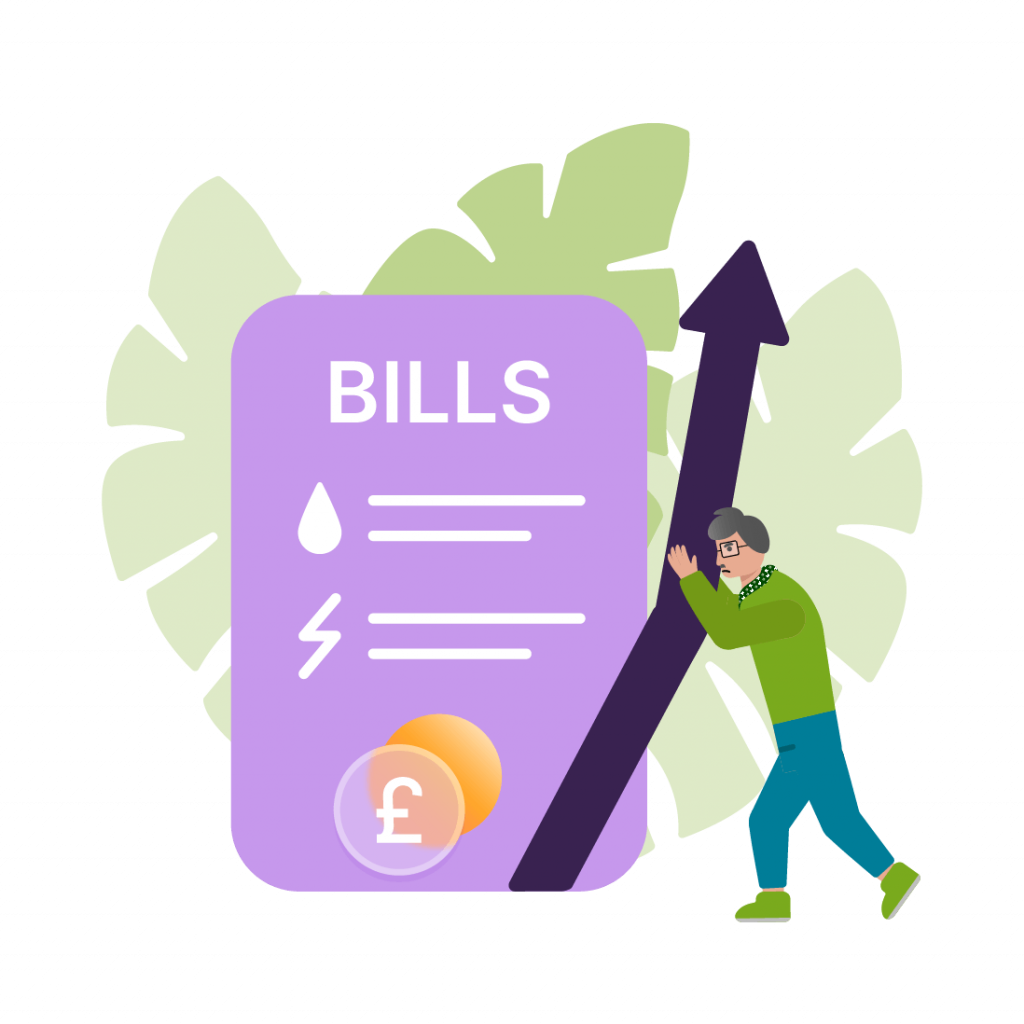
Financial Scams are on the Rise in 2022: How Can You Stay Safe?
Think you would be able to spot a scam? It's not always that easy. Consolidation Express is here to help with the latest updates on how to stay safe.
With the rise of technology and the internet, scammers have a better platform than ever to try and swindle the nation. According to UK Finance’s Annual Fraud Report 2022, £1.3billion was stolen through fraud last year. It can also be tough nowadays to differentiate between a scam and something genuine, so you need to keep an eye on the warning signs and how to protect yourself – which we will cover.
Are financial scams becoming more common?
Since the rise of technology, scammers have become more able to deceive people out of their hard-earned money, and in 2022 the cost-of-living crisis has only made this problem worse. This is because many more people face financial difficulty, making them increasingly vulnerable to scams.
Scammers tend to take advantage of people in difficult situations, promising them deals that seem to better their financial situation. For example, scammers have been using the energy crisis to target customers. Ofgem has reported scammers impersonating them to target vulnerable victims who are struggling with rising costs. These scammers may use any means to contact the victim and suggest they switch energy tariffs with a made-up deal, then request money or bank details.
What financial scams should you look out for?
One of the most common types of financial scams in 2022 is known as authorised push payment fraud, where the victim is tricked into transferring money to an account they believe they can trust.
This type of fraud can take different forms and be very hard to identify. A common type of authorised push payment fraud is impersonation scams, where criminals pose as banks, government departments and even the NHS. They will then use calls, texts or emails to contact victims and convince them to transfer money under false pretences.
Investment scams have also been on the rise in recent years. Criminals have taken advantage of the increasing popularity of cryptocurrency, with fake Bitcoin investment schemes popping up all over the internet. These scammers usually pose as an investment manager and ask for an upfront fee to get you started investing in crypto, but instead, they steal the upfront fee.
Romance scams have also become more prevalent in recent years, as many people turn to social media and dating apps to meet new people. But be wary if someone you’re talking to online asks for money, as there’s a chance they might not be genuine, take The Tinder Swindler as an example.
Are scammers hiding in plain sight?
Criminals have got so good at impersonating legitimate businesses, using identical emails and websites, and even disguising their phone numbers to look legitimate. Therefore, spotting a scam nowadays is not always easy.
Criminals may put a lot of effort into their scams, making them look totally legitimate to the average person. This can include a detailed and professional-looking website, social media profiles and fake testimonials of people who have made money through the company. The best way to avoid investment scams is to check whether the investor is registered with the Financial Conduct Authority. If not, it is likely a scam.
How can you protect yourself against scams?
Although it can be hard to spot scams, you can take steps to protect yourself. This includes having tight security on all your accounts and devices, and we recommend two-factor authentication to stop any remote access to your accounts.
If you receive phone calls, emails or texts that you are not sure are genuine, don’t give out any information or click any links yet. Check by calling the legitimate business from the phone number on their website; it’s better to be cautious.
Also, avoid using money transfer services to pay anyone you don’t know personally. Using secure payment methods gives you much more protection against scams and the chance to get your money back should you fall victim to one.
What can you do if you’ve been scammed?
Falling victim to a scam can be highly stressful, but there are some steps that are vital to protecting yourself and helping recover anything stolen. Firstly, it is important not to engage with the scammer, but you should keep a record of any calls or messages they send as evidence. You can use this evidence to report the scam.
Transferred money? If you’ve transferred money to the scammer in the last 24 hours, you should contact the police immediately by calling 101.
If the scammer gets access to your accounts, you should change all your passwords and enable two-factor authentication. Let your bank know immediately if the scammer got access to your bank account details or PIN, and they will be able to protect your account and help to lock the scammer out.
If you paid the scammer through direct debit, you should be able to get a full refund under the Direct Debit Guarantee. You may also be able to get your money back from a bank transfer, as most banks will reimburse you in full. On the other hand, if you used a money transfer service or a gift card, it could be very hard to get your money back. However, even if you recover your money, you should report the scam as this could protect others from falling victim.
If you can’t get your money back and you think this is unfair, you can follow your bank’s complaints process to raise a complaint. If your complaint isn’t resolved within 8 weeks, or if you get a final response letter which you do not agree with, you can take your case to the Financial Ombudsman.
If you are unable to get your money back and fall into debt because of a scam, a debt solution, such as a debt consolidation loan, a Debt Management Plan (DMP), or an Individual Voluntary Arrangement (IVA), could be beneficial.

Are you struggling with debt after falling victim to a scam?
If you’re finding it hard to deal with debts after being scammed and unable to get your money back, our team are always on hand to give you some advice.
Fill in our simple online application and see if you could qualify for a debt consolidation loan. We are a broker, not a lender.
Apply now
Representative Example: Borrowing £7,500 over 60 months, repaying £167.57 per month, total repayable £10,054.20.
Total cost of credit £2,554.20.
Interest rate 12.9% (variable).
The lenders on our panel offer loans for 12-120 months, with rates from 4.4% APR to 49.9% APR.


